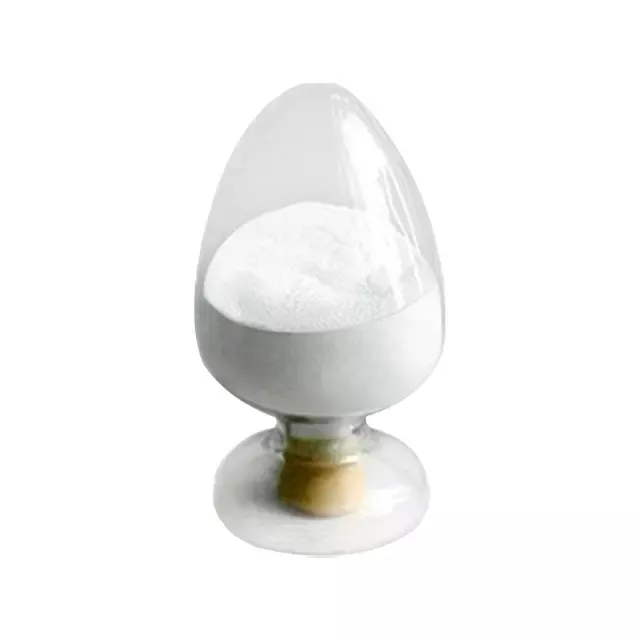Warning: Undefined array key "title" in /home/www/wwwroot/HTML/www.exportstart.com/wp-content/themes/1198/header.php on line 6
Warning: Undefined array key "file" in /home/www/wwwroot/HTML/www.exportstart.com/wp-content/themes/1198/header.php on line 7
Warning: Undefined array key "title" in /home/www/wwwroot/HTML/www.exportstart.com/wp-content/themes/1198/header.php on line 7
Warning: Undefined array key "title" in /home/www/wwwroot/HTML/www.exportstart.com/wp-content/themes/1198/header.php on line 7
- Afrikaans
- Albanian
- Amharic
- Arabic
- Armenian
- Azerbaijani
- Basque
- Belarusian
- Bengali
- Bosnian
- Bulgarian
- Catalan
- Cebuano
- China
- China (Taiwan)
- Corsican
- Croatian
- Czech
- Danish
- Dutch
- English
- Esperanto
- Estonian
- Finnish
- French
- Frisian
- Galician
- Georgian
- German
- Greek
- Gujarati
- Haitian Creole
- hausa
- hawaiian
- Hebrew
- Hindi
- Miao
- Hungarian
- Icelandic
- igbo
- Indonesian
- irish
- Italian
- Japanese
- Javanese
- Kannada
- kazakh
- Khmer
- Rwandese
- Korean
- Kurdish
- Kyrgyz
- Lao
- Latin
- Latvian
- Lithuanian
- Luxembourgish
- Macedonian
- Malgashi
- Malay
- Malayalam
- Maltese
- Maori
- Marathi
- Mongolian
- Myanmar
- Nepali
- Norwegian
- Norwegian
- Occitan
- Pashto
- Persian
- Polish
- Portuguese
- Punjabi
- Romanian
- Russian
- Samoan
- Scottish Gaelic
- Serbian
- Sesotho
- Shona
- Sindhi
- Sinhala
- Slovak
- Slovenian
- Somali
- Spanish
- Sundanese
- Swahili
- Swedish
- Tagalog
- Tajik
- Tamil
- Tatar
- Telugu
- Thai
- Turkish
- Turkmen
- Ukrainian
- Urdu
- Uighur
- Uzbek
- Vietnamese
- Welsh
- Bantu
- Yiddish
- Yoruba
- Zulu
jul . 31, 2024 15:46 Back to list
Understanding the Impact of Xylitol on Human Health and Its Benefits in Daily Life
The Role of Xylitol in Human Health Benefits and Considerations
Xylitol, a sugar alcohol commonly used as a sweetener, has garnered attention for its potential health benefits, particularly in oral health and metabolic processes. Derived from birch wood and other plant materials, xylitol mimics the sweetness of sugar but with significantly fewer calories and a lower glycemic index, making it an appealing alternative for many individuals, especially those managing diabetes or weight concerns.
Oral Health Benefits
One of the most well-documented benefits of xylitol is its positive impact on oral health. Unlike traditional sugars, xylitol is non-cariogenic, meaning it does not contribute to tooth decay. In fact, studies have demonstrated that xylitol can inhibit the growth of Streptococcus mutans, the primary bacteria responsible for cavities. By reducing the acidity in the mouth, xylitol helps maintain a neutral pH level, thereby creating an environment less conducive to cavity formation.
Regular consumption of xylitol can also stimulate saliva production, which is crucial for the remineralization of tooth enamel. Increased saliva flow not only helps wash away food particles but also provides essential minerals that strengthen teeth and promote overall oral health. As a result, many dental professionals recommend xylitol-containing chewing gum or mints as a part of a comprehensive oral hygiene routine.
Metabolic Impacts
Beyond oral health, xylitol presents several benefits for metabolic health. Unlike regular sugar, which can cause spikes in blood glucose levels, xylitol has a low glycemic index of around 7. This means that it has minimal impact on blood sugar levels, making it an ideal sweetener for people with diabetes or insulin resistance. Incorporating xylitol into the diet can help regulate glycemic responses and provide a sweet taste without the associated risks of sugar consumption.
xylitol humans

Additionally, research indicates that xylitol may promote better gut health. Some studies suggest that xylitol acts as a prebiotic, fostering the growth of beneficial gut bacteria. A healthy gut microbiome is essential for optimal digestion, nutrient absorption, and immune function, thus highlighting the broader implications of xylitol for overall health.
Considerations and Precautions
While xylitol offers numerous health benefits, it is essential to consume it in moderation. In excessive amounts, xylitol can cause gastrointestinal discomfort, including bloating, gas, and diarrhea, particularly in individuals who are not accustomed to sugar alcohols. Gradual introduction into the diet can help mitigate these effects.
Moreover, it is crucial to note that xylitol is toxic to dogs. Pet owners must keep xylitol-containing products out of reach of their furry companions to prevent severe health issues, including insulin release that can lead to hypoglycemia.
Conclusion
In summary, xylitol represents a promising alternative to traditional sugars, bearing multiple benefits for human health, particularly in oral hygiene and metabolic management. Its non-cariogenic properties and low glycemic response make it a preferred choice for individuals looking to reduce sugar intake while still enjoying sweetness. However, as with any dietary component, moderation is key, and awareness of potential side effects is necessary. Overall, xylitol can be a valuable addition to a balanced diet, promoting not only a sweeter palate but also stronger dental and metabolic health.
Latest news
-
Certifications for Vegetarian and Xanthan Gum Vegetarian
NewsJun.17,2025
-
Sustainability Trends Reshaping the SLES N70 Market
NewsJun.17,2025
-
Propylene Glycol Use in Vaccines: Balancing Function and Perception
NewsJun.17,2025
-
Petroleum Jelly in Skincare: Balancing Benefits and Backlash
NewsJun.17,2025
-
Energy Price Volatility and Ripple Effect on Caprolactam Markets
NewsJun.17,2025
-
Spectroscopic Techniques for Adipic Acid Molecular Weight
NewsJun.17,2025

